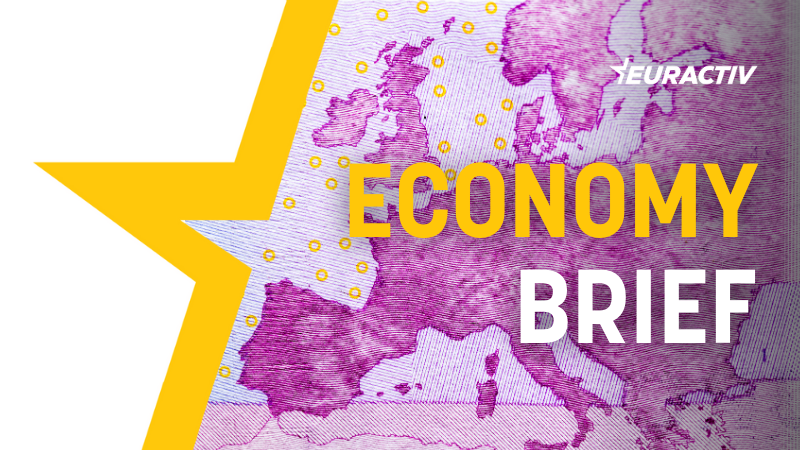Senior socialist EU lawmaker Jens Geier says the EU’s newest set of low-carbon hydrogen standards will be challenging, and Brussels will need to prepare industry-specific support programmes.
Hydrogen, a clean-burning gas, is key to clean steel and chemicals and promises a future of clean aviation and shipping. However, for investments to occur, businesses require a clear legal framework.
Jens Geier, a centre-left S&D EU lawmaker from Germany, has been at the forefront of efforts to provide such a framework. He negotiated the gas and hydrogen market directive—“two years of work,” he told Euractiv in an interview.
In 2021, Brussels presented a vision for the EU’s future hydrogen market. The final rubber stamp by EU countries occurs on 21 May, and it will enter into force this summer.
Geier explains that the law “overhauled the European gas market so that the regulatory provisions for the hydrogen ramp-up” are in place.
Hydrogen rulemaking in Brussels has a history of delegated acts – where the European Commission is empowered to create technical rules – with long delays. Rules to define “renewable” hydrogen were delayed by more than four years amid political squabbles.
Geier and his co-negotiators have set up another such delegated act. “The EU has defined what ‘green’ hydrogen is. But what is low-carbon hydrogen? The new delegated act will answer this question,” he explains.
However, unlike with ‘renewable’ hydrogen, where stakeholders fought over whether hydrogen production should be matched to hourly renewable production, this time, the question concerns how much nuclear and carbon capture inputs are acceptable.
Geier is open to low-carbon hydrogen “as long as we can achieve net CO2 savings,” he says, adding that his approach has two guardrails: “no nuclear energy” and “just because we extracted or captured CO2 from something dirty, doesn’t mean it is low carbon.”
Creating a definition for ‘low-carbon’ hydrogen that satisfies all stakeholders is a “tough job for the Commission, and I don’t envy them,” Geier says.
If the outcome doesn’t suit him, “I won’t clap for them, no matter how hard the job was,” he adds. The rules are likely to be due in mid-2025.
A Lex Germanica?
It wouldn’t be the first time the centre-left lawmaker comes to blows with bureaucrats of the Berlaymont.
When negotiating the final shape of unbundling rules for future hydrogen grids – would gas grid operators get to own hydrogen grids, too? – A last-minute conflict erupted over whether the current German model, favouring small-scale municipal utilities, would apply instead of proposing more stringent divestment rules.
“We had a proper fight with the Commission,” recounts the German lawmaker.
However, the lawmaker rejects the idea that he intervened to change the status quo in his home country. “This was not a Lex Germanica; it was a special issue given the diversity of the German and Austrian [gas] transport network,” Geier stresses. We all saw the problems.”
One law per industry
These industries may need tailored help, he finds: “We are seeing that the combination of crises is causing many parts of industry to run out of steam … And I don’t think decarbonisation through deindustrialisation is right.”
In the European Parliament’s industry committee, where Geier is his party’s key negotiator, “it is important that we develop industry-specific programmes that allow industry to implement what we have agreed and adopted in the Green Deal.”
The goal must be to “give industry the time it needs,” he says.
As for the allure of cheap renewables, currently unattainable in Central Europe, “I tell my colleagues from [metalworkers’ union] IG Metall that if we generate a lot of cheap green electricity in the Algerian desert, then energy-intensive industry will follow suit to some extent,” the lawmaker says.
But that development is “10 or 20 years in the future, and until then, we can still do a lot to improve the competitive conditions for European industry,” he stresses.
Would he fight back against companies moving to Spain instead? “I am European enough to say that Spain also deserves a development perspective,” the centre-left lawmaker notes, and concludes that what is built in Spain “is not necessarily at the expense of the German economy.”

[Edited by Donagh Cagney/Alice Taylor]







.png)
 6 months ago
19
6 months ago
19



 English (US)
English (US)